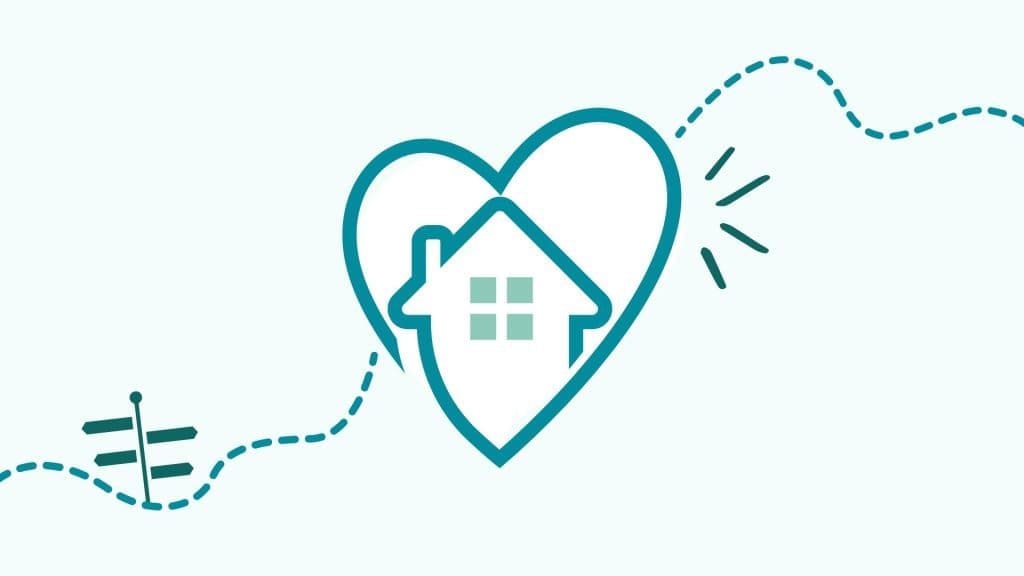Home Care Providers and NDIS Support Coordinators: How to Maximize Your In Home Care Experience
Home Care Providers and NDIS Support Coordinators: How to Maximize Your In Home Care Experience
Blog Article
The Expanding Need for In Home Care Givers: Reasons Households Pick Professional Treatment Over Conventional Facilities
The raising choice for at home caretakers over typical facilities is a significant trend improving the landscape of older care. Family members are drawn to the advantages of personalized treatment that straightens with private needs and choices, allowing senior citizens to preserve a sense of autonomy in an acquainted environment. This shift additionally highlights the psychological and financial factors to consider that affect decision-making. As we explore the myriad factors contributing to this growing need, the effects for both households and caregivers end up being increasingly apparent. What does this mean for the future of caregiving?
Customization of Care
Customization of treatment in home caregiving is important for meeting the distinct demands of each person (home care providers australia). This approach guarantees that treatment strategies are customized to the particular requirements of the individual, considering their clinical history, personal preferences, and lifestyle. By concentrating on the individual's one-of-a-kind scenarios, caretakers can promote a feeling of dignity and freedom, which is frequently doing not have in even more institutionalized setups

Home caregiving enables for constant monitoring and modification of care strategies, ensuring that adjustments in health condition or personal choices are immediately resolved. Inevitably, individualized care in home settings significantly contributes to the overall health of clients, making it a vital component of modern-day caregiving techniques.
Convenience of Home Atmosphere
The convenience of a home setting plays a crucial duty in the efficiency of home caregiving. Numerous individuals, particularly senior citizens, experience increased stress and anxiety and anxiousness when put in unfamiliar settings such as conventional care facilities.
Additionally, the home environment enables a tailored approach to caregiving, accommodating individual choices and routines. Family members can create an ambience that mirrors their liked one's way of life, ensuring that care is provided in a manner that feels comfortable and all-natural. This personalized setup motivates much better communication and communication between caretakers and customers, cultivating trust and connection crucial for effective care.
In addition, the comfort of home can help with social links, as member of the family and pals can see a lot more easily, giving vital emotional assistance. home care providers. Overall, the home atmosphere not just assists to keep dignity and autonomy but also adds to a better of treatment, making it a favored choice for households seeking specialist caregiving options

Boosted Self-reliance for Senior Citizens
Home caregiving not just offers convenience but also promotes enhanced independence for seniors. Unlike conventional facilities, at home care permits seniors to keep their daily regimens and engage in acquainted activities within their very own setting. This autonomy is crucial for their emotional well-being and total top quality of life.

Additionally, at home caretakers can adjust their solutions to cater especially to the distinct needs of each senior, promoting a higher feeling of control. This adaptability ensures that senior citizens can appreciate their hobbies, fraternize Discover More family members and pals, and continue to be energetic in their communities, even more boosting their sense of independence.
Ultimately, in-home caregiving not only resolves the physical needs of senior citizens but also equips them to lead satisfying lives, making it a progressively popular option for families seeking the very best care remedies for their liked ones.
Cost-Effectiveness of In-Home Treatment
At home care supplies a cost-efficient option to conventional nursing centers, allowing family members to supply top quality support for their liked ones without sustaining expensive expenditures. The expenses connected with retirement home can be frustrating, usually going beyond $100,000 yearly, which can drain economic resources rapidly. On the other hand, at home treatment solutions usually charge on a per-visit or hourly basis, allowing households to tailor care plans according to their budget and details demands.
In addition, in-home treatment removes additional expenses connected with center living, such as transportation, board and area, and different administrative costs. Families can pick to involve caregivers only when needed, potentially reducing overall expenditures. A significant advantage of in-home care is the capability to preserve personal regimens, which can add to far better emotional health reference and minimize the requirement for pricey clinical interventions resulting from abrupt way of living changes.
Insurance policy insurance coverage, including long-lasting care insurance, usually encompasses at home treatment services, even more improving economic availability (ndis support coordinator). In general, the cost-effectiveness of in-home treatment not just alleviates the economic burden on households yet additionally promotes an extra personalized technique to care that aligns with specific choices and requirements
Structure Stronger Family Connections
Offering care in a familiar setting fosters much deeper family members connections, enabling liked ones to proactively join the caregiving procedure. In-home treatment produces opportunities for family members to engage meaningfully with their elderly or impaired loved ones, promoting emotional bonds that can be challenging to attain in institutional settings. The visibility of professional caretakers allows relative to concentrate on their relational roles as opposed to being strained by the physical needs of treatment.
Additionally, in-home treatment permits households to maintain their cherished routines, which can reduce feelings of anxiousness and disorientation usually connected with moving to care centers. Shared meals, familiar environments, and the comfort of home supply a sense of stability that improves health and promotes open communication.
Families can collaborate with caregivers to develop personalized treatment strategies that reflect the individual preferences and needs of their loved ones. This collaborative technique not only encourages the senior however likewise enhances the family unit, as participants share obligations and support one another through difficult times. Ultimately, in-home care grows a caring atmosphere where connections can flourish, enhancing the top quality of life for both caregivers Get More Information and receivers.
Final Thought
The boosting preference for in-home caretakers highlights a significant shift in just how families approach senior treatment. Customized treatment plans, the comfort of familiar surroundings, boosted freedom for seniors, and cost-effectiveness collectively contribute to this fad. In addition, the involvement of relative in the caregiving process cultivates stronger links and assistance networks. As these aspects align, in-home care becomes a compelling alternative to typical facilities, eventually promoting the well-being and top quality of life for elders.
Family members are attracted to the advantages of customized care that aligns with specific needs and preferences, enabling elders to preserve a sense of autonomy in a familiar setting.In-home care offers an affordable option to traditional nursing facilities, permitting family members to provide top quality support for their enjoyed ones without sustaining expensive expenses. In comparison, at home treatment services normally charge on a hourly or per-visit basis, making it possible for family members to tailor treatment strategies according to their budget plan and details needs.
In-home treatment creates opportunities for family members to involve meaningfully with their elderly or impaired family members, promoting emotional bonds that can be challenging to achieve in institutional settings.The increasing preference for in-home caregivers highlights a significant shift in exactly how families come close to elderly care.
Report this page